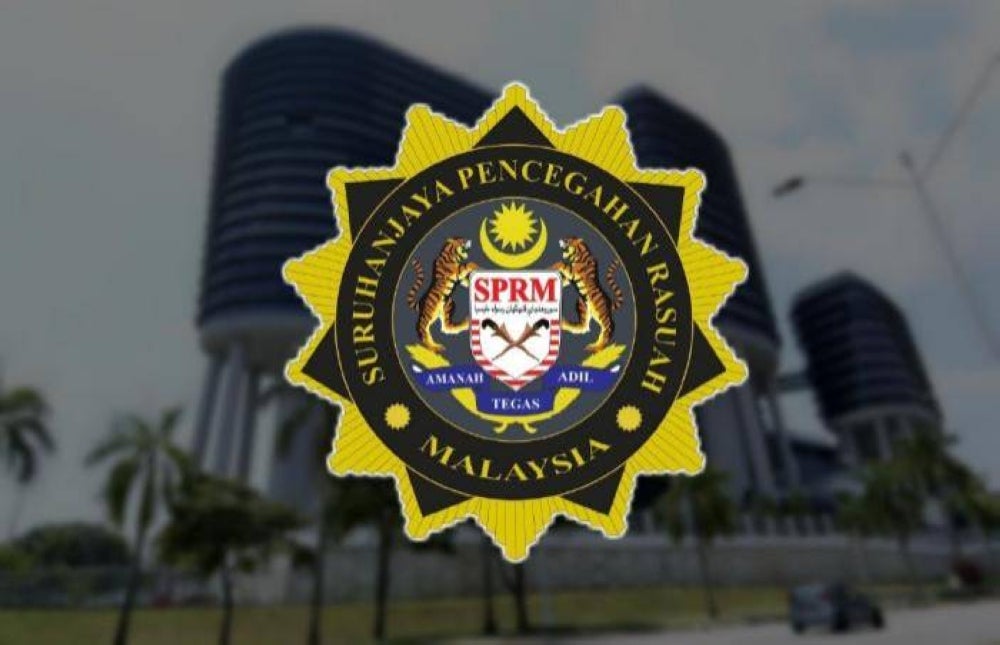Integrity, anti-corruption course in universities lauded

SHAH ALAM - RasuahBusters and Parti Bangsa Malaysia (PBM) welcome the Malaysian Anti-Corruption Commission (MACC) effort to introduce an anti-corruption course in all universities starting from next year.
Rasuah Busters Chief Executive Officer Nurhayati Nordin said the move was important to mitigate the potential breeding ground for corruption among the youths and students.
“Formal education should be supported by an informal educating mechanism to expose the opportunism on corrupt dealings and practices,” she said.
Nurhayati suggested an evaluation should be carried on to measure the outcome to ensure the effectiveness of the syllabus.
“Through Undi18, which was recently gazetted, the youth now have the opportunity to design their future and the country’s political landscape.
“Hence any likelihood of engagement in corruption should be introduced much earlier to protect them from falling into the trap of related illegal activities,” she said in a statement today.
Nurhayati said in this case, Rasuah Busters calls out people to join the crusade to combat corruption by instilling justice, cooperation and transparency.
“We all need to reflect an anti-corruption culture from home,” she said.
Meanwhile, PBM secretary-general Nor Hizwan Ahmad also welcomed the move and suggested that the Education Ministry introduce the subject at the primary school level.
He stated that exposing the subject to higher-level education students and making it a compulsory subject might be too late.
“Those in their late teens or early 20s, it is usually more challenging to apply values such as rejecting corruption.
“Even if they sit for this subject in university, or get excellent marks, this does not mean they will avoid these destructive activities.
“It just means that they have a theoretical understanding of the subject,” he said.
However, Hizwan said forming a young mind is much easier.
“If students at the primary school level are exposed to the subject earlier, they will most likely be able to absorb values such as transparency and integrity better and practice what is taught throughout their lives,” he said.
This came after the Special Cabinet Committee on Anti-Corruption has decided that the Integrity and Anti-Corruption Course will be made compulsory in all higher learning institutions (IPTs) from next year.
MACC deputy chief commissioner (prevention) Norazlan Mohd Razali said the course would offer structured learning to enable students to have a better understanding of corruption and its impact, not only on themselves but also on the country.
According to the latest MACC data, a total of 275 youths aged between 18 and 30 have been arrested for corruption offences to date since 2020. They comprised 231 men and 44 women.
During the same period, 151 youths were charged in court, of which 85 were convicted.
Norazlan said among the offences were giving and accepting bribes.
Download Sinar Daily application.Click Here!















